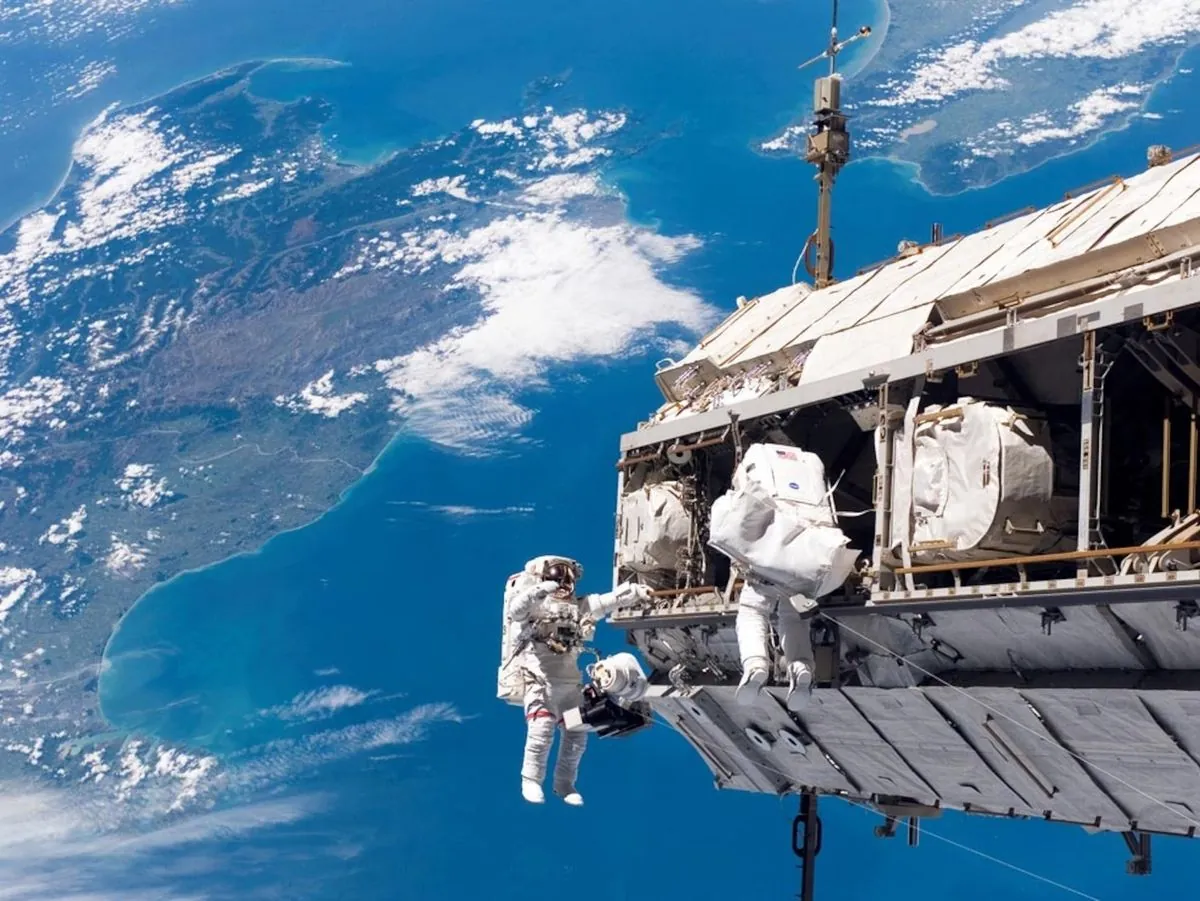NASA Taps SpaceX to Rescue Stranded ISS Astronauts After Boeing Setback
Two astronauts stuck on the International Space Station due to Boeing Starliner issues will return on a SpaceX vehicle in early 2025. NASA's decision highlights ongoing challenges for Boeing's space program.

In a significant development for space exploration, NASA has announced that two astronauts currently aboard the International Space Station (ISS) will return to Earth using a SpaceX vehicle in early 2025, rather than the originally planned Boeing Starliner capsule.
Commander Barry "Butch" Wilmore and pilot Sunita "Suni" Williams, both former military test pilots, embarked on what was intended to be an eight-day test mission to the ISS on June 5, 2024. However, their stay has been unexpectedly extended due to technical issues with the Starliner spacecraft.
The ISS, orbiting Earth at an average altitude of 400 km, has been continuously occupied since November 2000 and has hosted over 250 astronauts from 19 different countries. It serves as a crucial microgravity and space environment research laboratory, completing 15.5 orbits around Earth daily at a speed of about 7.66 km/s.

Boeing's Starliner encountered multiple problems during its mission, including thruster failures and helium leaks. These issues have led NASA to deem the spacecraft too risky for the astronauts' return journey. Instead, the agency has opted to use a SpaceX Crew Dragon capsule, which can accommodate up to seven passengers, for their safe return.
This decision marks a significant setback for Boeing's space program, which has faced numerous challenges in developing the Starliner. The company has invested over $1.6 billion in the project since 2016, hoping to compete with SpaceX in providing transportation services to and from the ISS.
"The safety of our astronauts is our top priority. After careful consideration, we have decided to utilize SpaceX's proven technology for the return of Commander Wilmore and Pilot Williams."
Boeing's struggles with the Starliner program include a failed uncrewed test launch in 2019 and a partially successful attempt in 2022. The current mission was crucial for NASA's certification of the capsule for routine flights, but the recent complications have disrupted this process.
The decision to use SpaceX, founded by Elon Musk in 2002, for the astronauts' return adds to the challenges faced by Boeing's new CEO, Kelly Ortberg. The company is already grappling with quality issues in its commercial aircraft division, including a recent incident involving a door panel on a 737 MAX jet.
As the largest artificial object in space and visible from Earth with the naked eye, the ISS continues to play a vital role in international space cooperation. However, this incident underscores the complexities and risks associated with space travel and the importance of reliable transportation systems for astronaut safety.


































